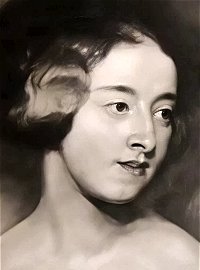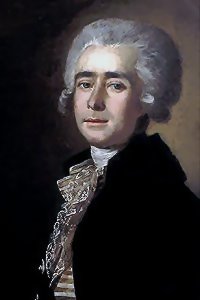Introduction

(1828–1896)
Words: Elizabeth R. Charles, Songs Old and New (London & New York: T. Nelson & Sons, 1887), pages 231–32.
Music: St. Petersburg attributed to Dmitri S. Bortniansky, 1825 (🔊 pdf nwc).
Alternate Tunes:
- St. Chrysostom (Filby) William C. Filby, in The Church Hymnary, by Edwin A. Bedell (New York: Maynard, Merrill, 1893), number 668 (🔊 pdf nwc)
- Stella (Hemy) Henri F. Hemy, 1851 (🔊 pdf nwc)
- Sussex Carol English carol, arranged by Ralph Vaughan Williams, 1919 (🔊 pdf nwc)
- Vater unser Geistliche Lieder (Leipzig, Germany: 1539). Harmony by Johann S. Bach, 1726 (🔊 pdf nwc)

(1752–1825)

